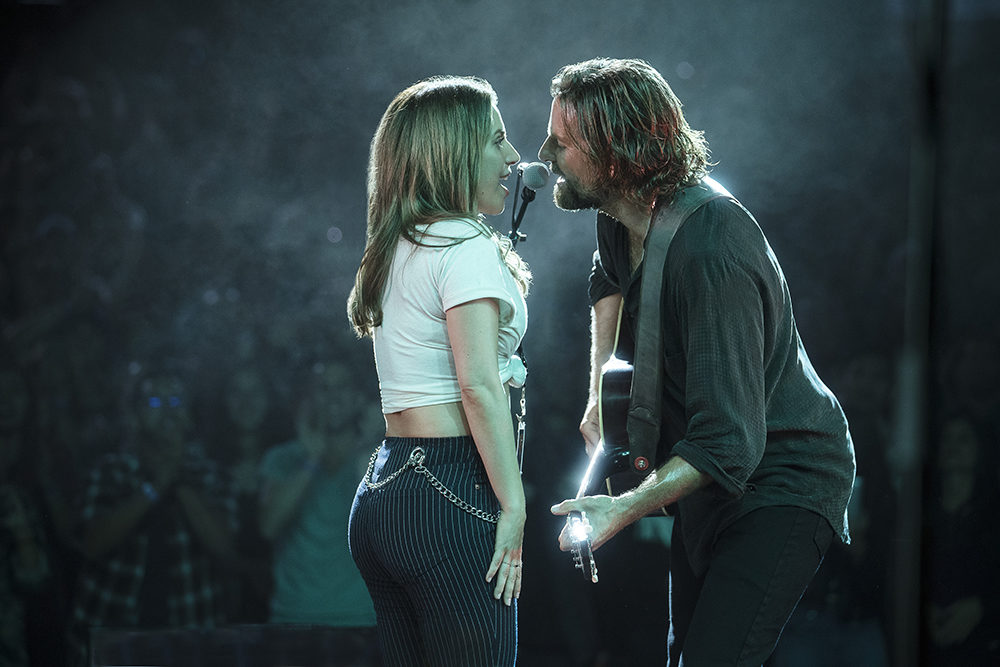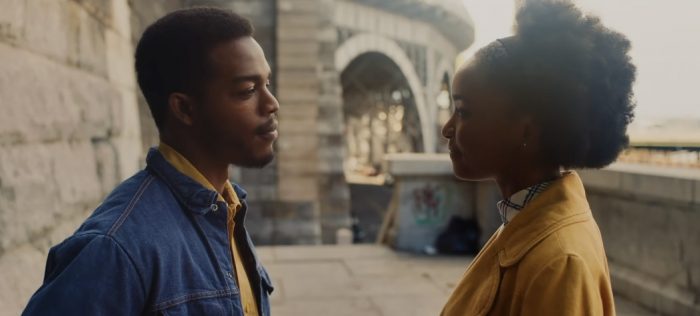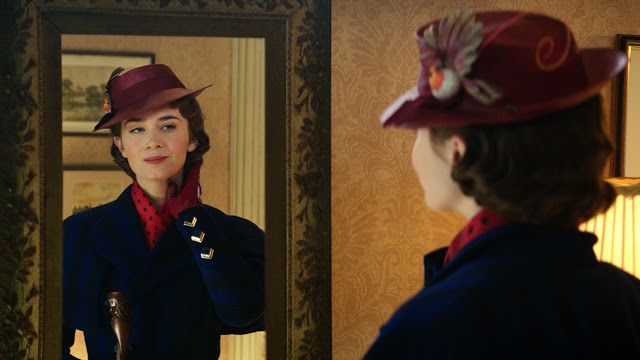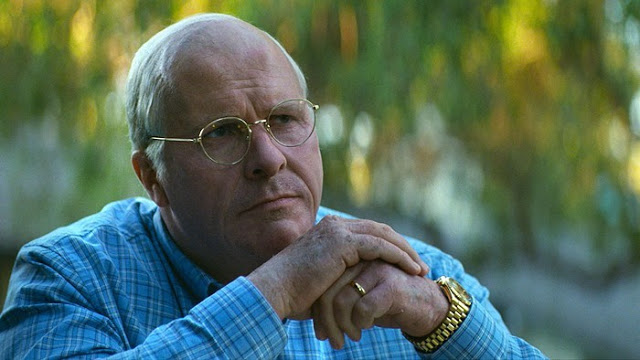Oscars 2018: Nomination Prediction Results
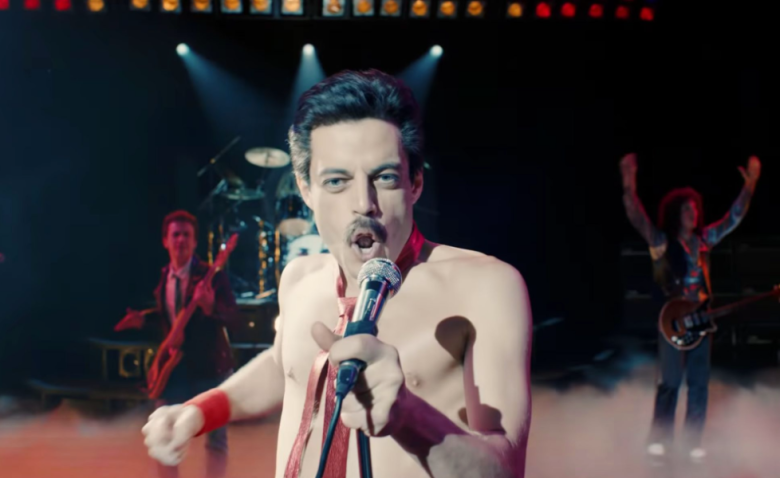
This was the first year that I’ve ever attempted to watch the Academy’s livestream of the nominations. I do not recommend it. I know that the Oscars are still a bit behind the times with respect to technology, but you’d think they could figure out how to stream a video of two people reading cue cards without it crashing every 20 seconds.
In any event, my predictions this year were pretty dismal; I hit on just 51 of 69 (74%), a steep drop from the 81% mark that I posted last year. Ordinarily I’d say that’s a good thing, because I’m always in favor of an unpredictable Oscars, but some of the nominees this year were real head-scratchers. But so be it. Let’s take a quick run through the field:
BEST PICTURE
Black Panther
BlacKkKlansman
Bohemian Rhapsody
The Favourite
Green Book
Roma
A Star Is Born
Vice If Beale Street Could Talk Read More

